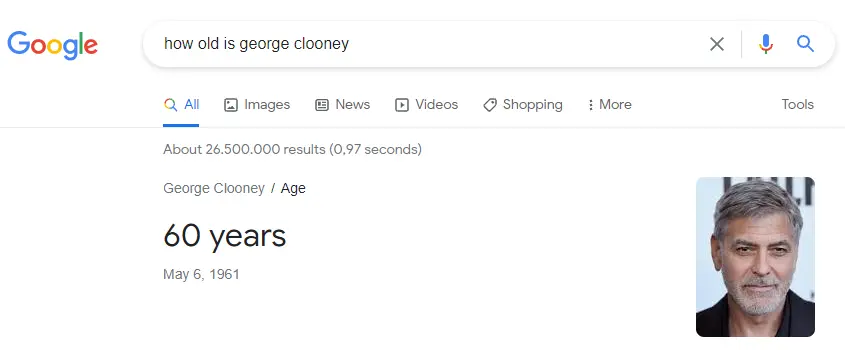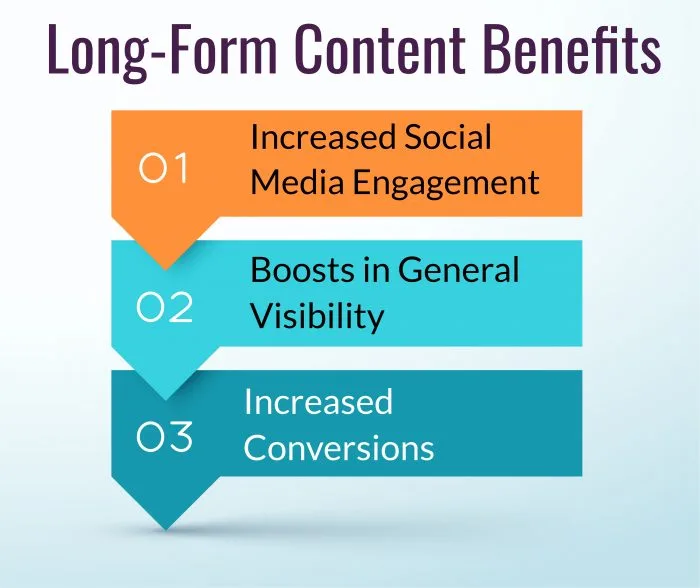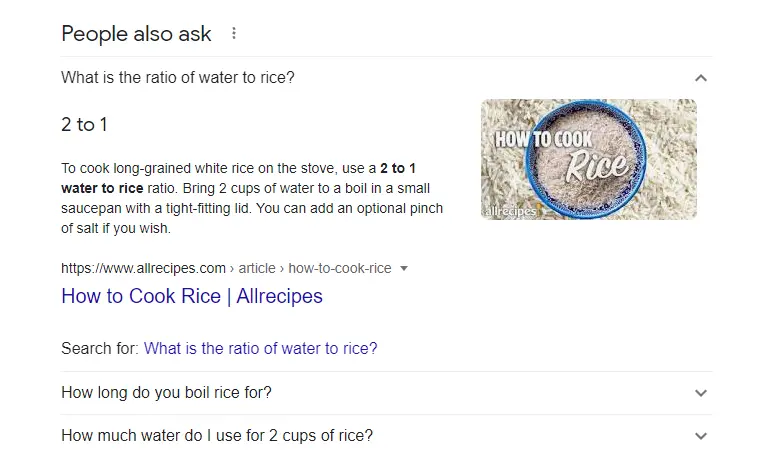Blog article
What Are Zero-Click Results and What Do They Mean for SEO?
Estimated reading time: 6 minutes

Over half of Google searches end up without a click to any of the search results.
This begs the question, why do people search for something without clicking on the results? And more importantly, how does that affect your website’s SEO rankings?
This post covers everything you need to know about zero-click results, what it means for your online store, and how you can leverage it to your advantage. If you’re looking to improve your store’s organic reach, consider professional Shopify SEO services by Meetanshi. They’re some of the best guys we’ve worked with to consult for e-commerce SEO.
What are zero-click searches?
The term zero-click results refers to any result that Google shows you without sending you to a specific website. For example, if you search for the age of your favorite celebrity, Google will present you with the answer without you having to click on a website.

Why do readers search for something but don’t click on the results?
The main goal of Google is to improve user experience.
When Google introduced “position zero” back in 2019, its aim was to improve user experience so users wouldn’t have to click through multiple websites to find a simple answer.
For example, if you search, “How old is George Clooney?” you’d want the answer immediately. You wouldn’t want to click through several websites to find your answer.
Some other common zero-click result topics include:
- Locations near me
- Recipes
- Best equipment (phones, earphones, computers)
What does this mean for e-commerce websites relying on SEO?
The rise in Google zero-click searches has presented new challenges for websites and SEO professionals. However, with a few simple changes to your SEO campaigns, you can start using zero-click results to your e-commerce website’s advantage.
Create long-form content
Long-form content can’t be summarized within two or three sentences. So when you focus on deep articles, it increases the likelihood of readers clicking on your website.
For example, if you’re selling coffee online, instead of writing an article covering the top five coffee machines, write a deep post that covers everything a reader needs to know when looking for a good coffee machine.
It’s almost impossible for Google to summarize all of this information within a few sentences.
With long-form content, visitors are also likely to stay on your page for longer as they read your article, increasing the average reading time and improving SEO rankings.

- More visibility and social shares
- Higher ranking in Google search results
- A position of authority
Optimize your content for snippets
Although you’re creating in-depth content that can’t be summarized by Google, you still want to answer a few questions in your article that can rank for featured snippets.
For example, when writing a post about what to look for in a coffee machine, consider adding a few headings that answer related questions like:
- Which is better, an espresso machine or a french press?
- How much does an espresso machine cost?
- What are the best beans for an espresso machine?
So when people type these questions into Google, there’s a higher likelihood that your website pops up as a zero-click result. When your website starts showing up for several different questions, people will see your site as an authoritative source.
You can appear in a featured snippet for a specific question even if you’d generally rank fourth or fifth. This is a great way to gain an edge over your competitors.

- Click on the “People Also Asked” boxed to find popular questions to rank for
- Aim to rank on the first page of Google by using 2,000+ word articles
- Add a FAQ section to your article
Don’t focus on search volume
When performing keyword research, don’t target a keyword simply because it has a high search volume. You have to look at the monthly search visits to see if it’s worth your time and money.
Using the example above, there’s no use ranking at the top of Google for the keyword “George Clooney age” if most people don’t click on the search results.
Instead, when conducting keyword research, look at search volume and website visits alongside other stats you’re already looking at, like keyword difficulty. If a specific keyword has a big difference between search volume and search visits, it might not be worth your time.
You want to rank for keywords that have a high possibility of users clicking through the search results.
Leverage zero-click results to increase traffic to your online store
By understanding and optimizing your content for zero-click SEO results, you’ll gain an advantage over your competition since readers see your website as an authority site. It’s also relatively simple: Only rank for keywords that are worth it, write long-form content, and optimize your articles for featured snippets.
If you’re looking to leverage zero-click results to increase traffic to your e-commerce store, feel free to schedule a demo, and we’d be happy to help.
About The Author
How can Verbolia help your e-commerce platform.


